GIFT and the Faculty of Engineering, University of Waterloo Signed Joint Talent Cultivation Cooperation Agreement
On October 27, 2025, a delegation from the Faculty of Engineering, University of Waterloo, led by Dean Mary Wells and Associate Dean Christopher Nielsen, visited GIFT. The delegation was received by Jun Ni, Dean of GIFT. The two institutions formally signed their inaugural joint talent cultivation cooperation agreement, and engaged in in-depth discussions on topics including disciplinary development, academic advancement, and collaborative research initiatives. Other attendees included Felix Arndt and Victor Cui, Deans of Conrad School of Entrepreneurship and Business, University of Waterloo; Fred Zhu, Executive Director of the Faculty of Engineering; Mona Skuterud, Executive Director of the Faculty of Science; Weiliang Xia and Hua Bao, Associate Deans of GIFT, along with faculty representatives Ruigang Yang and Yujun Xie.
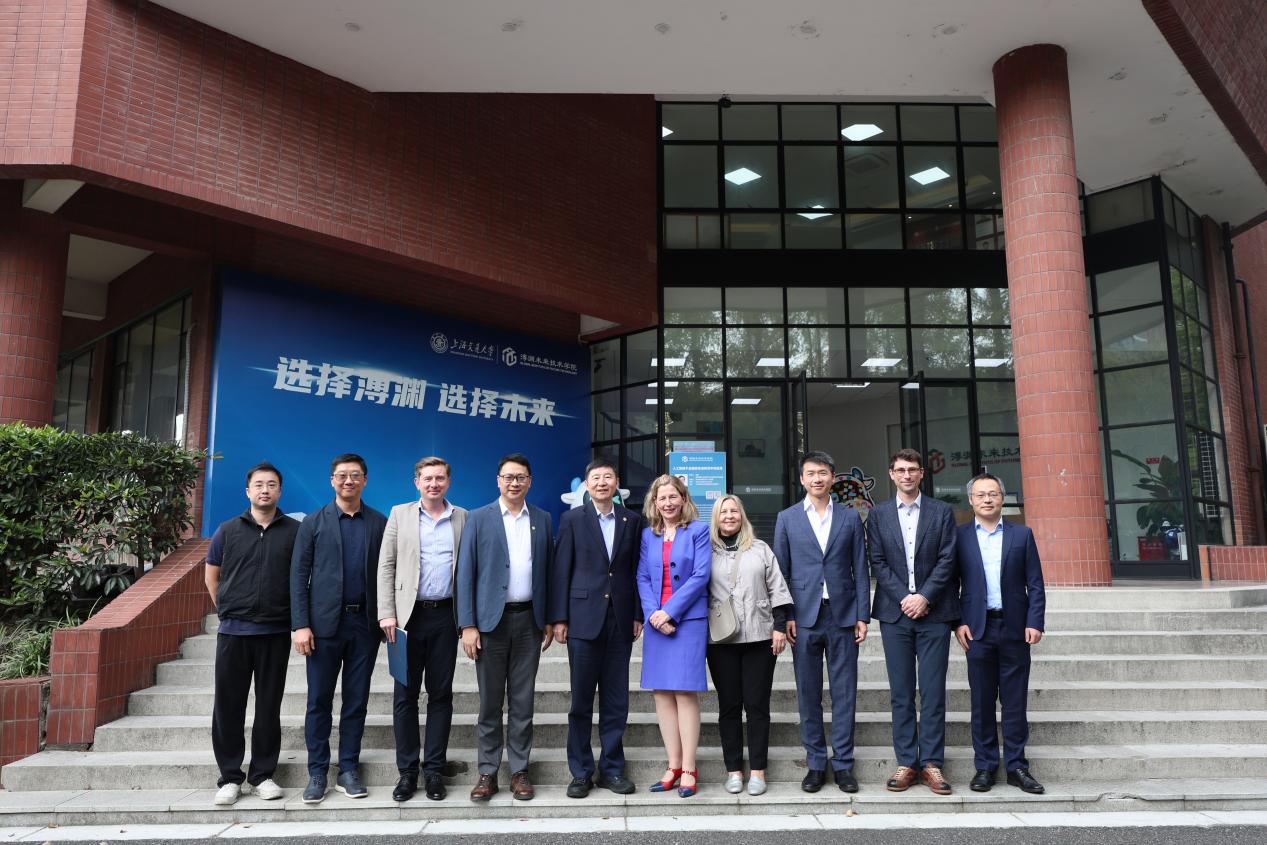
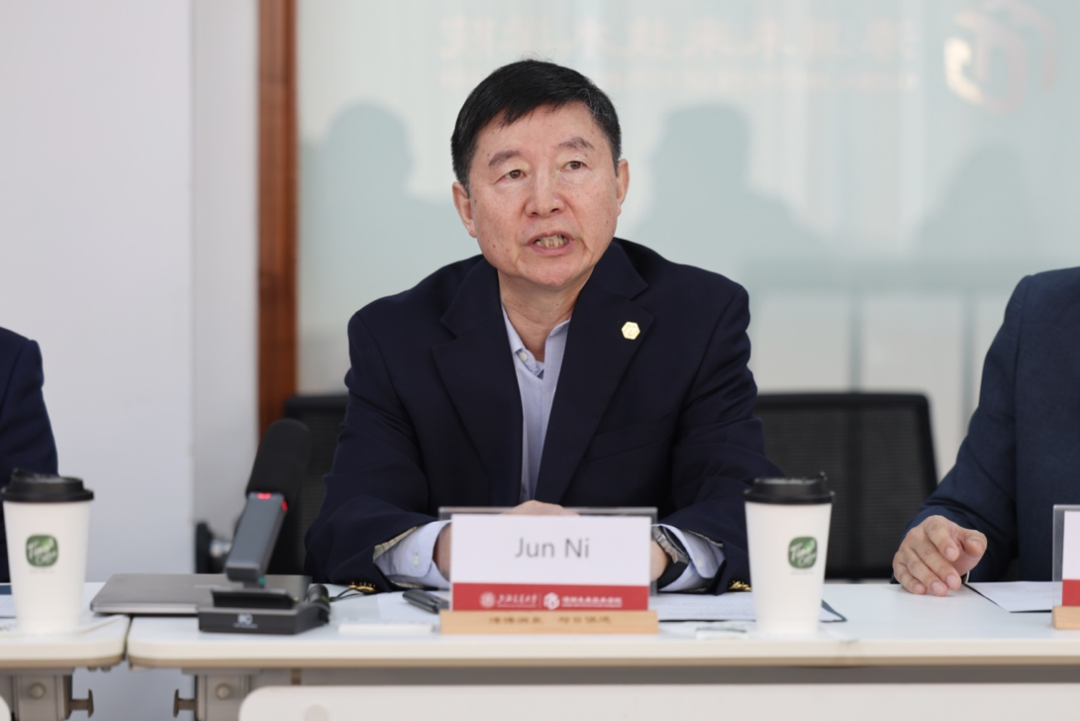
Jun Ni delivered a welcoming speech and provided an overview of GIFT's educational mission, development progress, platform support and faculty development. He highlighted the school's focus on future energy and future health, as well as the pioneering concepts and practices in interdisciplinary integration, cutting-edge technological innovation and education models.
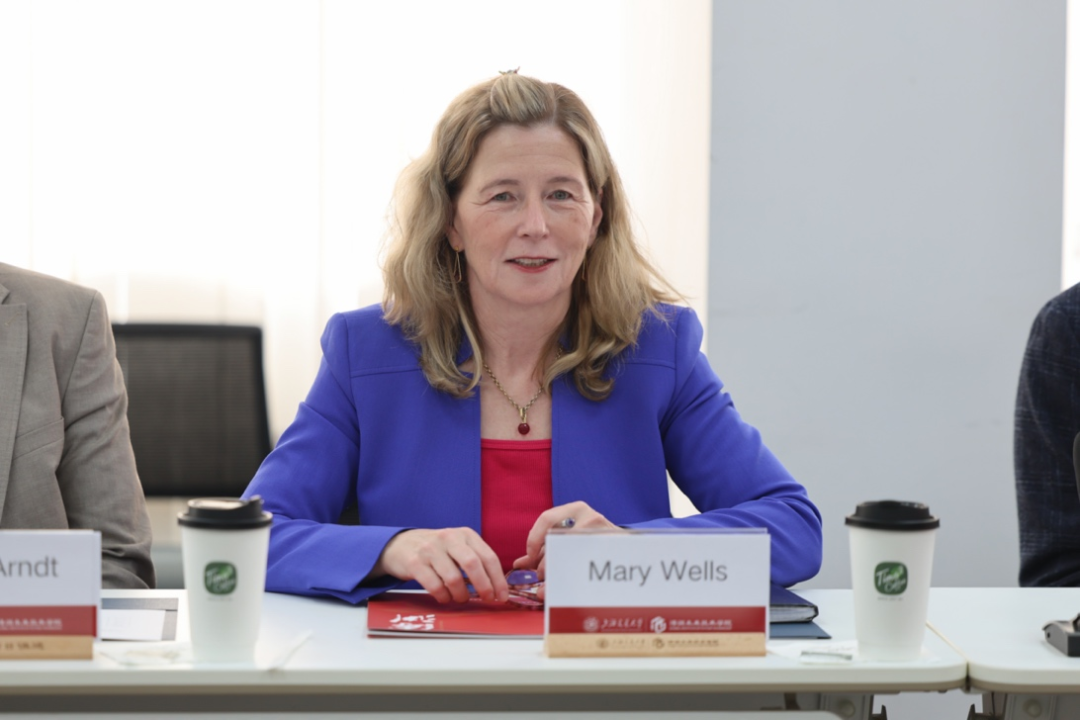
Dean Mary Wells detailed the Waterloo Engineering's diverse student body, research focus areas, and strengths in various disciplines. She expressed strong anticipation for the potential collaboration in joint research, curriculum development and talent cultivation, and underscored that the partnership with GIFT was of strategic importance.
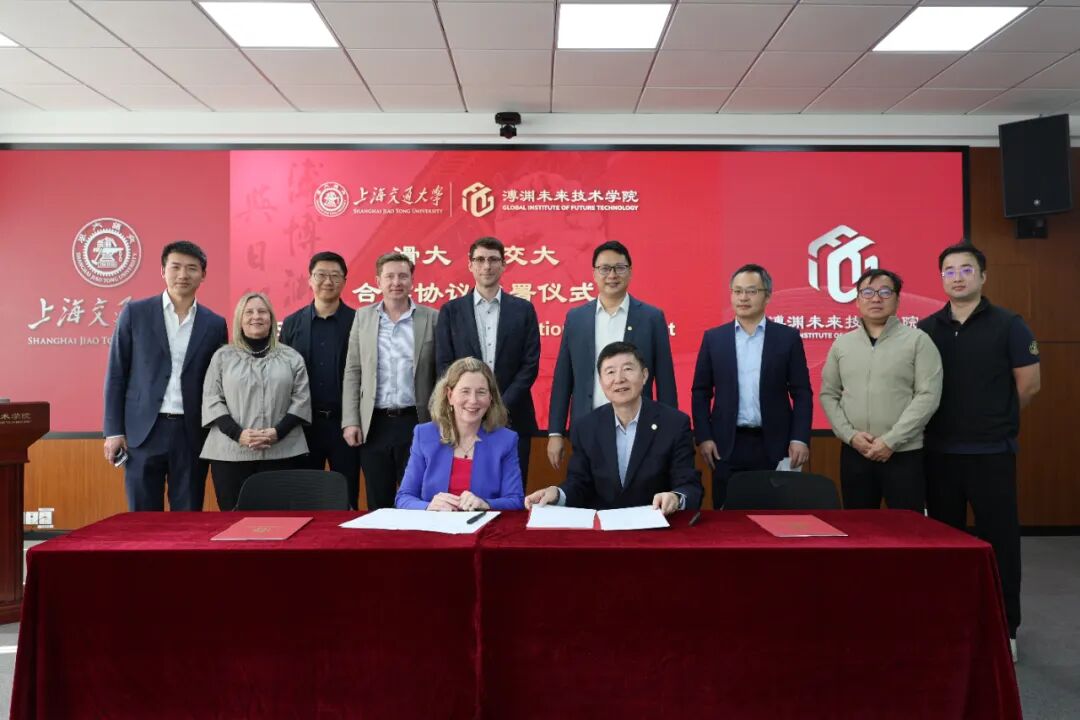
On behalf of two institutes, the deans signed the 3+1+1 Bachelor's to Master's joint cultivation cooperation agreement. This inaugural agreement aims to establish a long-term, high-level talent cultivation mechanism to foster future industry leaders with innovative capabilities and global mindedness, marking a new phase in the cooperation between the two schools.
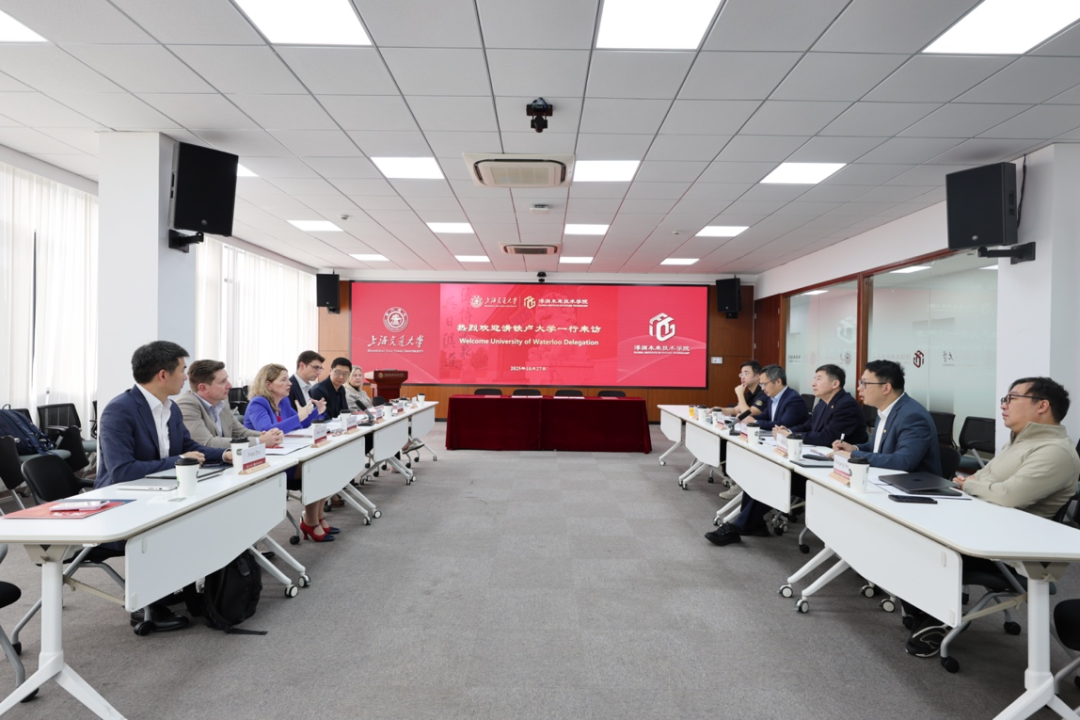
After the signing ceremony, both parties further engaged in discussions on education reform, research collaboration, platform sharing, faculty exchanges and curriculum systems. Two institutes reached a high level of consensus to comprehensively expand collaboration, jointly promoting the sustainable development of global engineering education and technological innovation.




